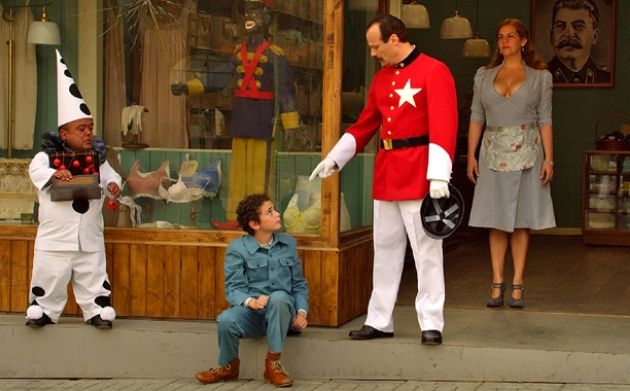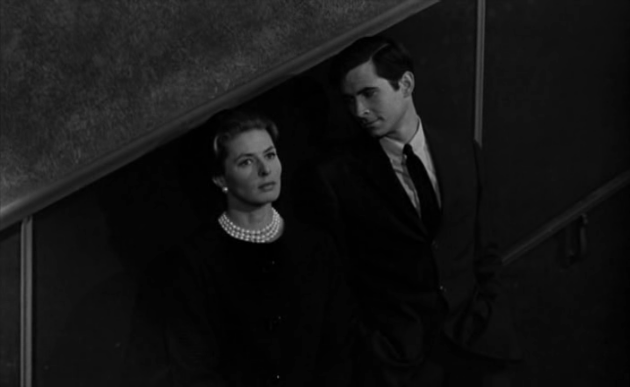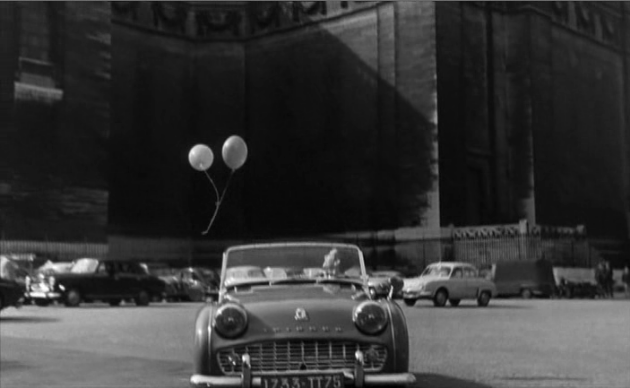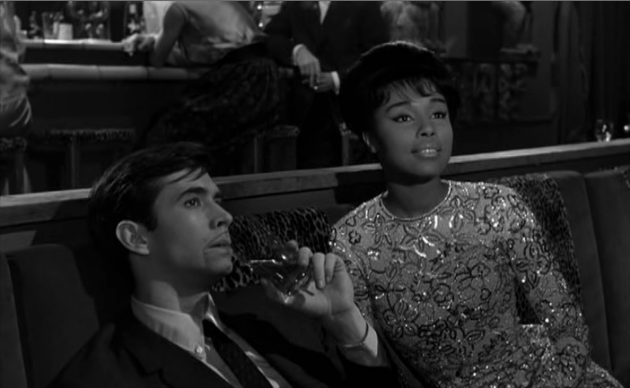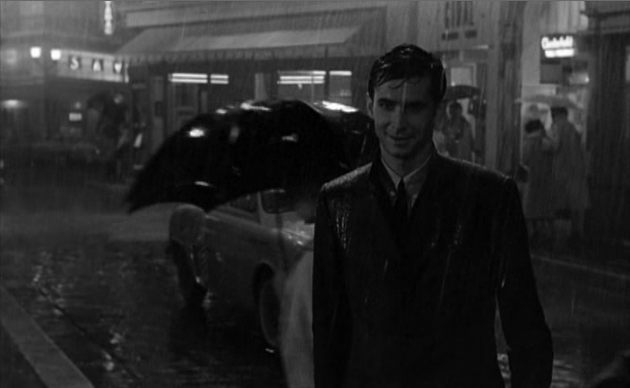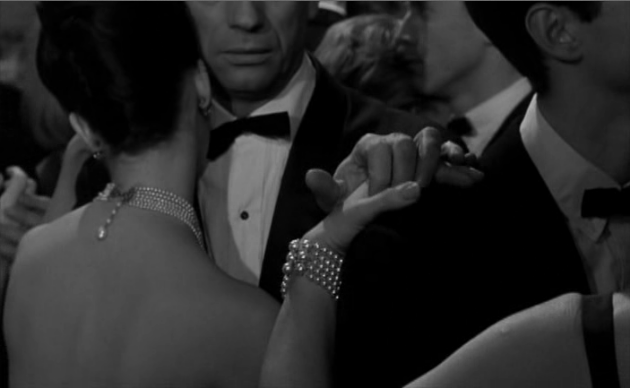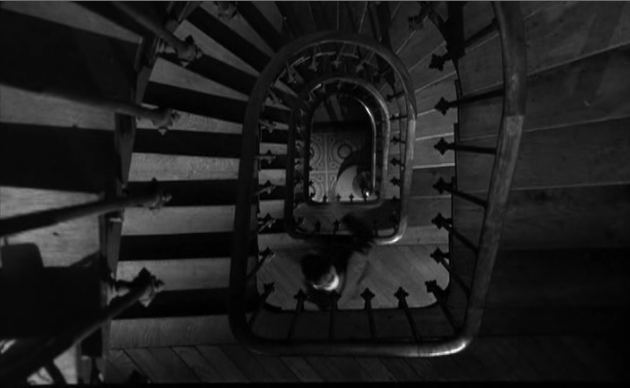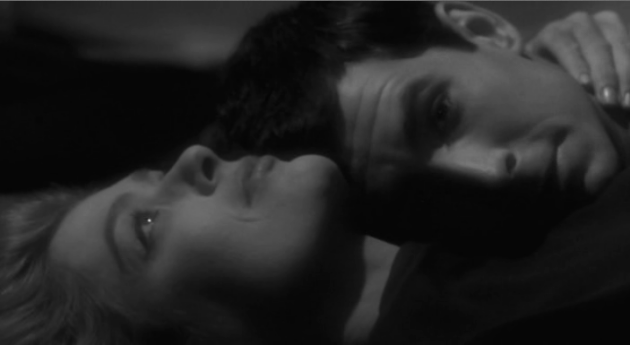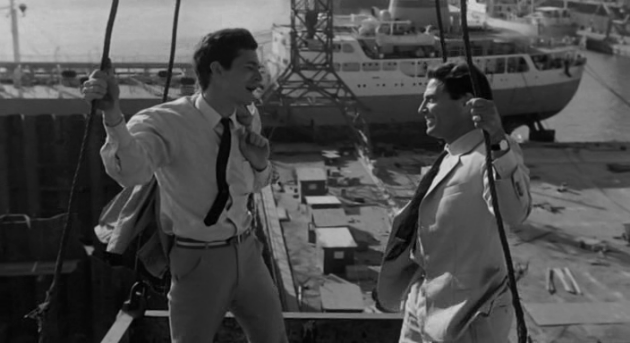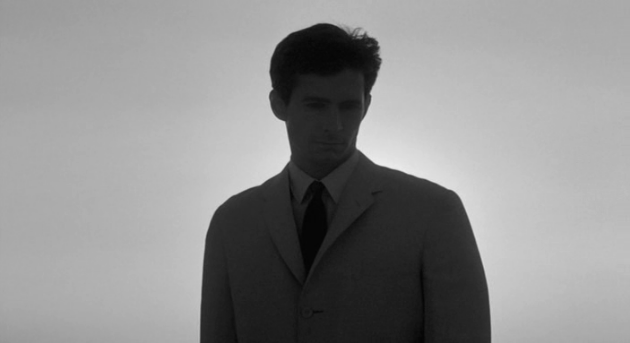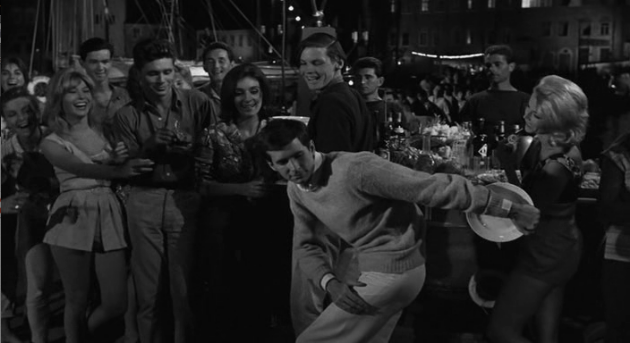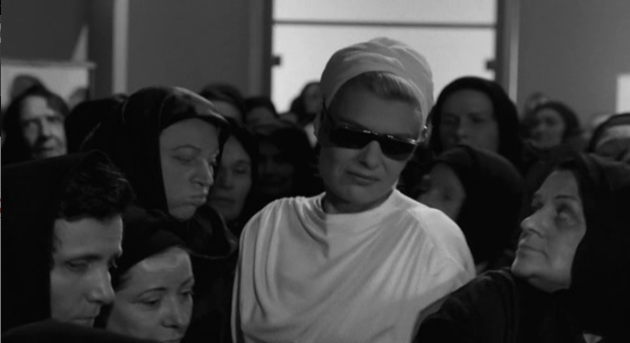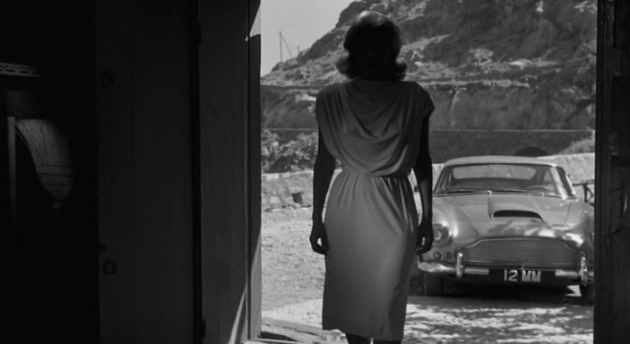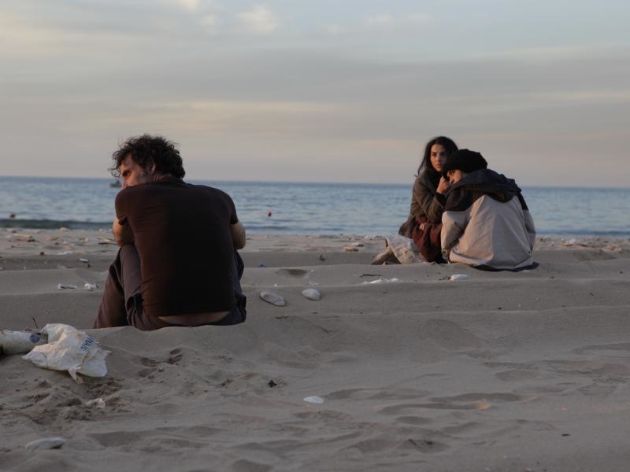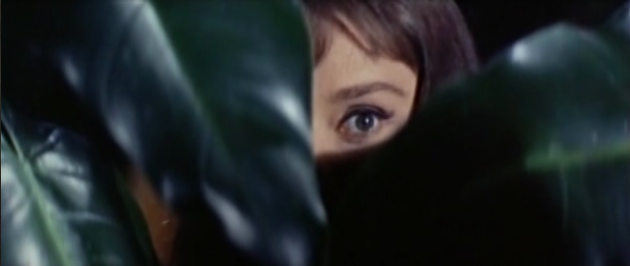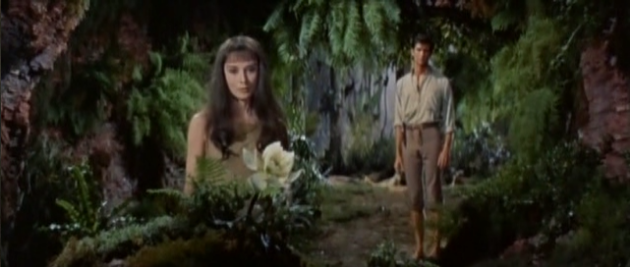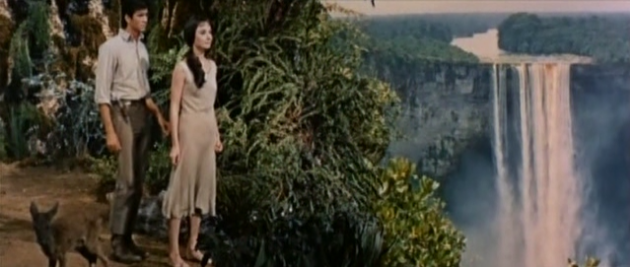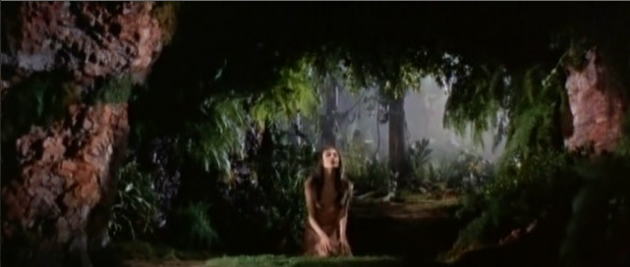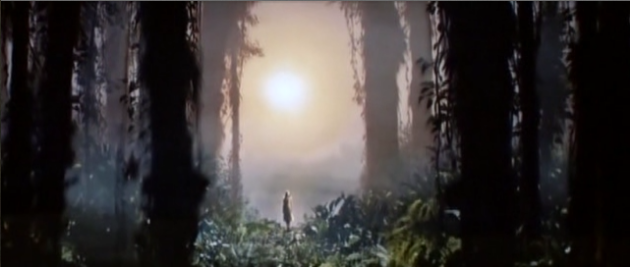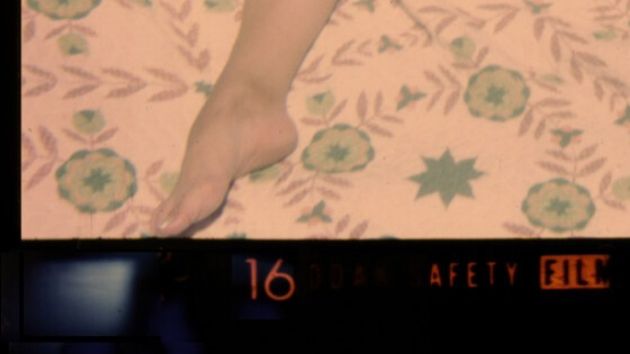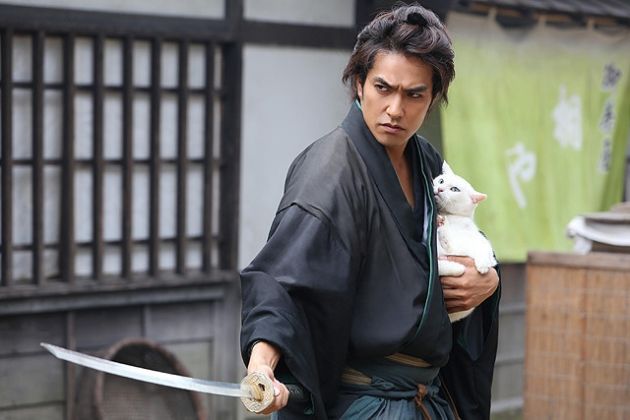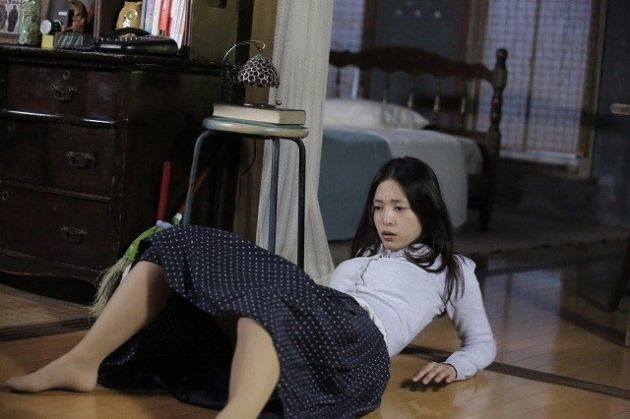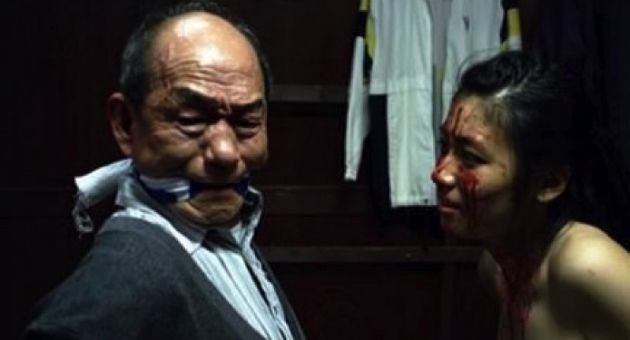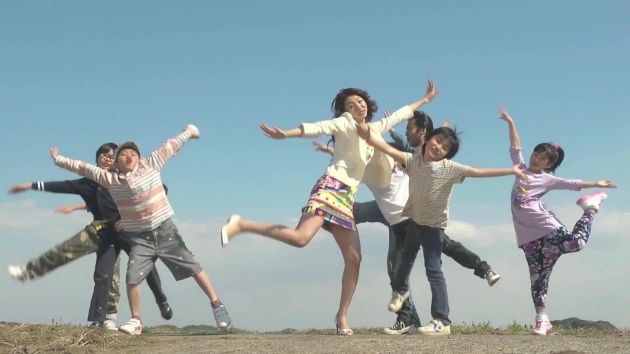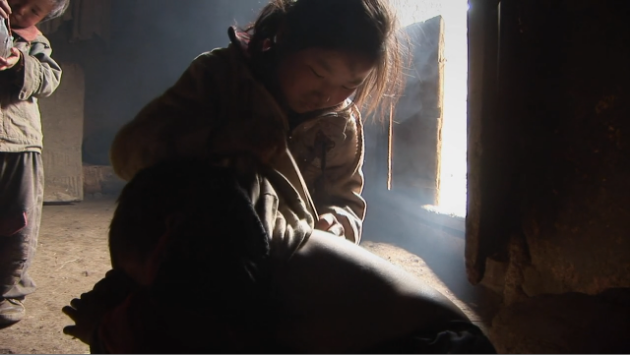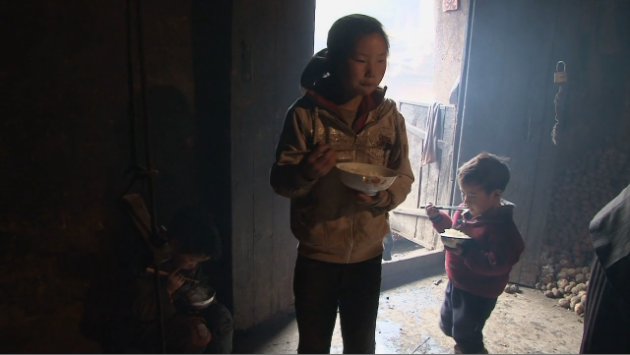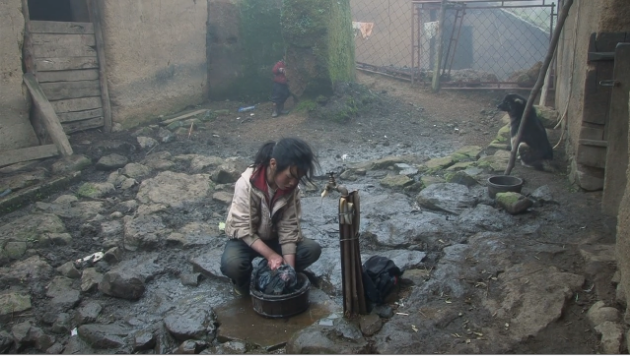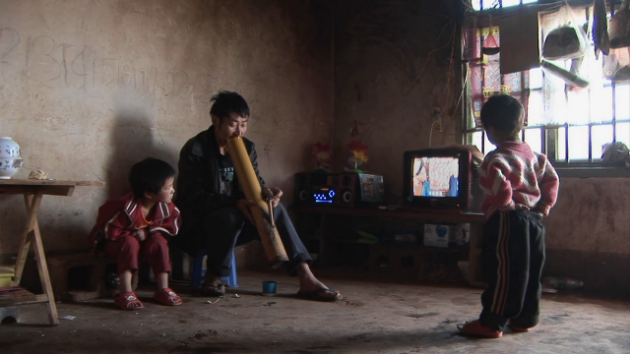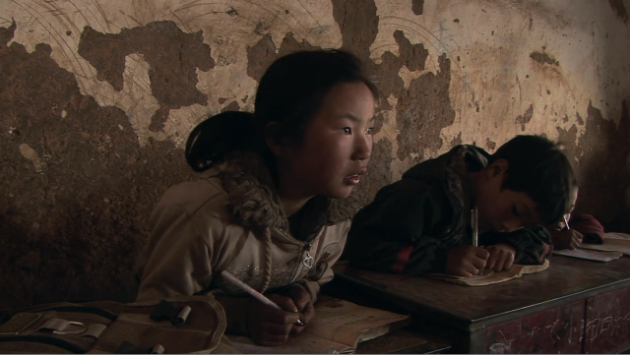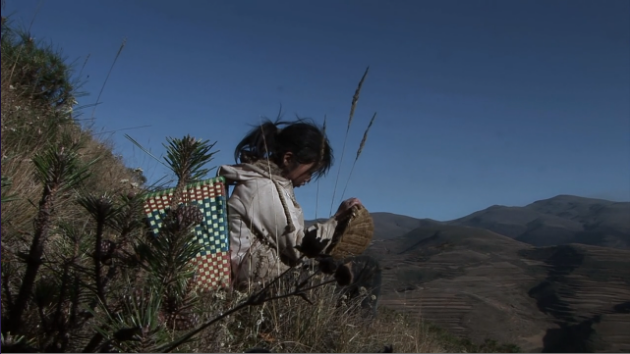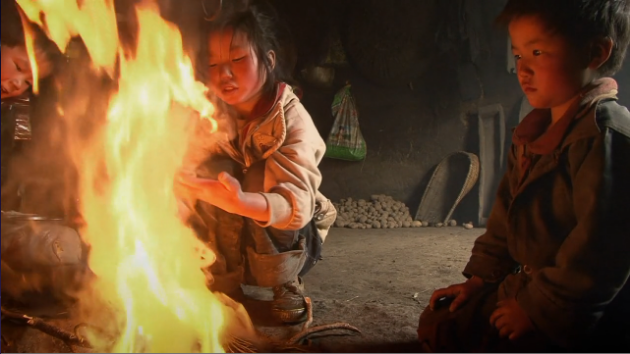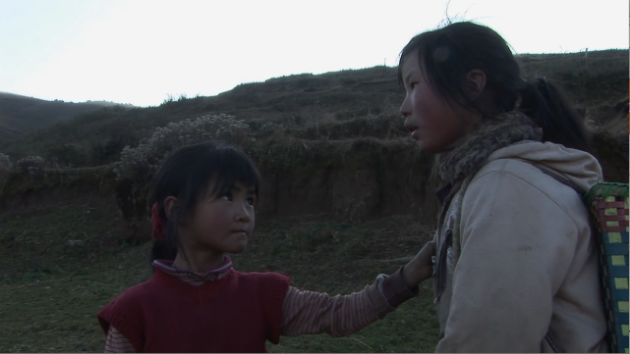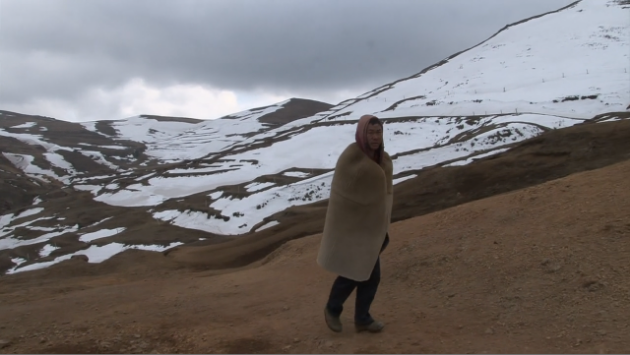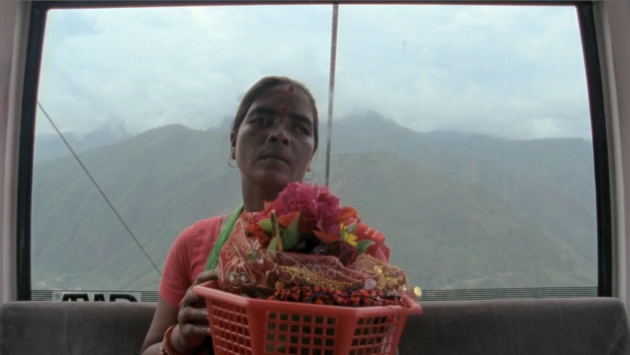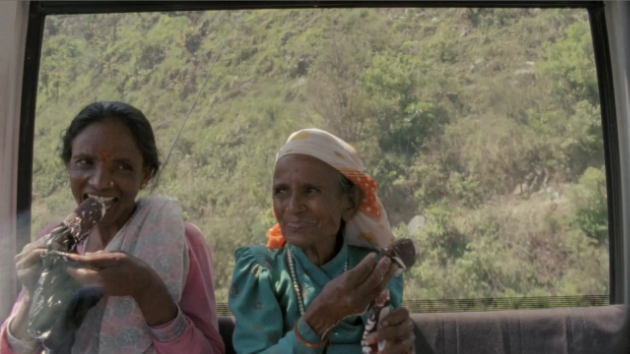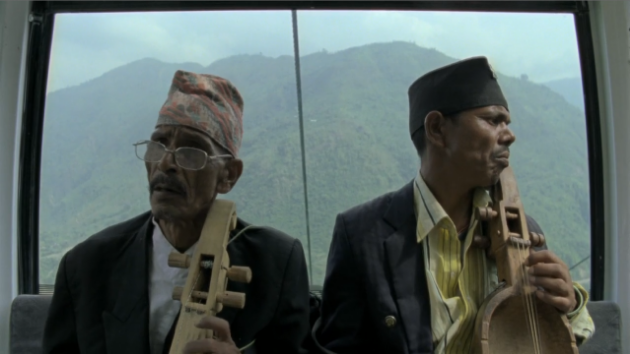Opening night selection is Beautiful Noise, a documentary on the rise of the influential 'wall-of-sound' scene that started with Cocteau Twins, The Jesus and Mary Chain and My Bloody Valentine. The series concludes with Florian Habicht's Pulp, which follows iconic Brit band Pulp and the lead-up to their reunion and final show in their hometown of Sheffield.
Stop Making Sense, the seminal Talking Heads documentary directed by Jonathan Demme and Daniel Schmid's Tosca's Kiss, a delightful film about retirement house for opera singers get digital restoration treatment in their 30th anniversary.
The leading Malian Afro-pop musician Amkoullel, local indie-rock band Dragons of Zynth (D.O.Z.) and Glass Ghost with visuals by LYFE will be the live musical acts of this year.
Here are 4 films I got to sample. The festival runs from 7/31 - 8/6. For film and live performance tickets and more information, please visit FSLC website.
Beautiful Noise (dir. Eric Green) *Opening Night Film

First heard about Beautiful Noise coming into being years ago as it was trying to raise money with kickstarter. So this is truly a passion project in the making. The documentary is a comprehensive look at what is known as 'shoe-gaze' music scene that had a big impact on many musicians working today. Eric Green charts the movement chronologically, but limits its scope to the British music scene, starting with 3 most influential groups - Cocteau Twins, My Bloody Valentine and Jesus and Mary Chain. With their guitar heavy, impenetrable wall-of-sound and mumbly, dreamy vocals, they were serious musicians trying to create and experiment new sound with traditional rock guitar. Their sensuous, unpretentious, effortless mood pieces were embraced by people who tuned out the traditionally macho, aggressive rock music.
Billy Corgan, Trent Reznor and Robert Smith along with other musicians, producers and DJs look back and explain the magnitude of the movement which lasted only about ten years from the mid 80s to mid 90s, but heavily influenced and shaped modern music. The doc features Slowdive, Ride, Lush, Katherine Wheel and tons of others.
For me as a college student in the 90s, this doc is a nostalgic walk down the memory lane. But everything is cyclical. As the doc indicates, there is a huge resurgence of shoe-gazing in recent years. There is a huge pool of twenty somethings I know who listen to and regard MBV's Loveless as their favorite album. Glad to see these musicians getting their due in the spotlight.
Europe in 8 Bits (dir. Javier Polo)

Repurposing old (well, 20 years old), obsolete technology into something new fits very well in to the DIY heavy, positive side of our consumerist society. Game Boy, that 8-bit simple, handheld game console is the starting point of the new, fascinating documentary Europe in 8 Bits. Many of the musically inclined people who grew up with the famous game console, who were curious enough to break it open and fuck with it, discovered the wonderful world of that high-pitched, droning 8-bit generated sound. Chip music movement was born. With the use of music program like nanoloop and LSDJ in the creative common environment, the scene grew exponentially since mid-2000 and spread all over the world. Then came live events where these chip musicians get together and play.
Described by some as friendly electro music, or Super Mario Bros on acid, the doc features many of the famous faces in the scene talking passionately about the scene. They do take their craft seriously: it's not only to do with the familiar sound of old games, but a melding of Kraftwerk, industrialization of their neighborhood, networking in free-information age and a little bit of rebellion against the 'new is always better' conformity.
Javier Polo inserts not only musicians' interviews but a real psychiatrist and sociologist to talk about the implication of the movement. Is it comprised by people who are suffering from the Peter Pan syndrome? Or is it a post-capitalist movement bent on tapping into the potential of what's seen as obsolete? Polo playfully pixelate the picture and incorporates animations into the documentary. The music is great fun and there are many awesome concert footage where chip musicians rock out with their many wired Game Boys as if they are musical instrument or turntables in front of adoring fans. Europe in 8 Bits is loads of fun.
Mateo (dir. Aaron Naar)
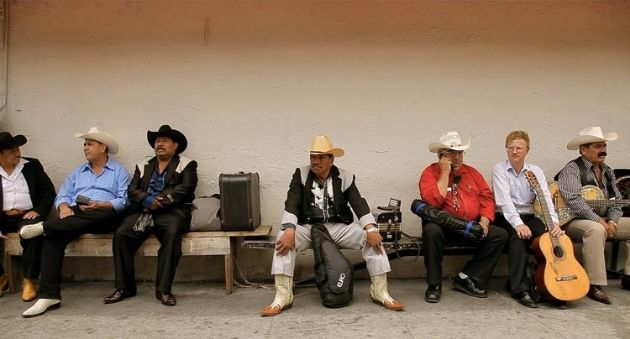
Matt Stoneman, a middle aged white mariachi singer/songwriter with an angelic voice, living in LA is the subject of Aaron Naar's vibrant character study, Mateo. Music is Stoneman's true passion. Known as Mateo in mariachi circles, he performs at quinceañeras, weddings and funerals and on the streets of LA. Living in a filthy, cluttered one room apartment with most of his stuff locked away in storage, he saves all his money and pours all on to recording of his album in Cuba, where good musicians are plenty and cheap and women, beautiful.
Early on, Stoneman himself lets us in on the backstory- of how Matt, the white man from New Hampshire became Mateo: Stoneman spent some time in jail for robberies he committed. He learned Spanish and traditional Spanish songs from fellow inmates while he was incarcerated. Estranged from his parents and friendless, Stoneman is kind of a loner in LA, the city he hates. But he becomes alive and full of life in Cuba. Naar and his cinematographer Seth Cuddeback trail him everywhere - to his gigs, in his car, his friends and lovers houses, the recording studio, streets of Havana and even whore houses. The filmmaker and his subject are not afraid of showing everything. But at the same time, the doc doesn't tie everything up neatly for the audience. We know basic information - that he was in jail, that he hasn't been in communication with his family and his love of prostitutes. But Naar doesn't dig anything deeper than what we see on the screen. Hence, the subject retains mystery about who he really is. Stoneman, in many ways, is flawed man. There are discernible shadows of his dark past. Yet he is a compelling character: a great musician who wants to be loved but left alone at the same time. There are clues, but it's up to us to find out. His music, albeit a little too traditional, is imbued with deep feeling and beauty. His record becomes a hit in Japan. We cheer for him when he tours and performs in front of adoring Japanese fans. The film, for all its beauty and blemishes, is a deep exploration of a man whose inner life is just as intriguing as his accentuated whiteness in his not so white environment. A great one.
Brasslands (dir. Meerkat Media Collective)

Brasslands treks 3 bands as they prepare for Balkan Brass Band Music Festival in a sleepy Serbian village called Guca. Tens of thousands of musicians and fans descend upon the village for the fest and transforms it into a large outdoor frat house party every year. There is an American band Zlatne Uste (incorrect Serbian which is supposed to be "Golden Lips"), a Serbian champ band lead by a 3rd generation master trumpeter Dejan Petrovic, and a Romani band from southern Serbia.
Balkan music, for me, is forever associated with Goran Bregovic's score for Emir Kusturica's films. Once you hear that tingling start of a trumpet, there comes a strong urge to take 10 vodka shots and start dancing on the desk. The music is infectious.
Constists of people from all works of life but united by their passion for Balkan music (they all have dayjobs they can't quit), Zlatne Uste as a music club, has been playing and practicing for more than 20 years. The band travels to Serbia to compete the first ever International Competition. They are pretty good, but others are godlike in their artistry. They are happy to be there and mingle with other Balkan music lovers. For others, it's the sense of national/ethnic pride that's at stake. Playing for weddings and parties for living, they want the glory of the championship and worldwide fame.
It's that love of the Balkan music that should've been the forefront of Brasslands. Unfortunately, there isn't enough music in this doc. The typical "sports movie" framing where there is the final battle at the end doesn't really work well here. I just want to see more bands displaying their artistry.
